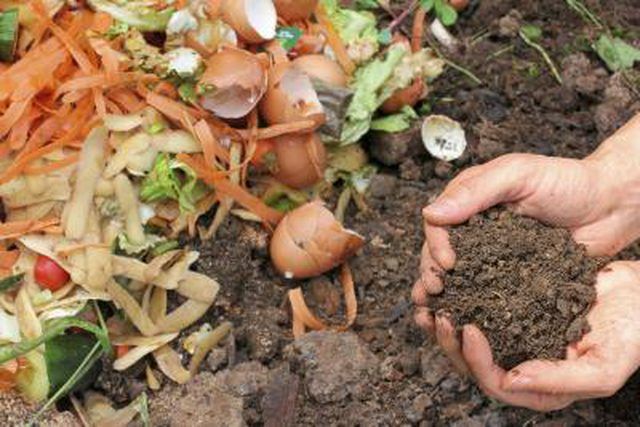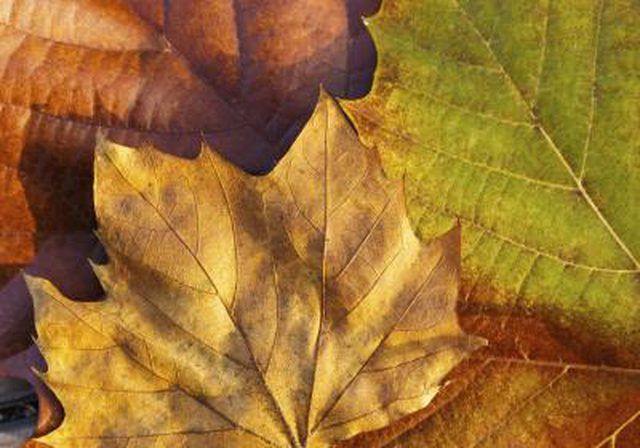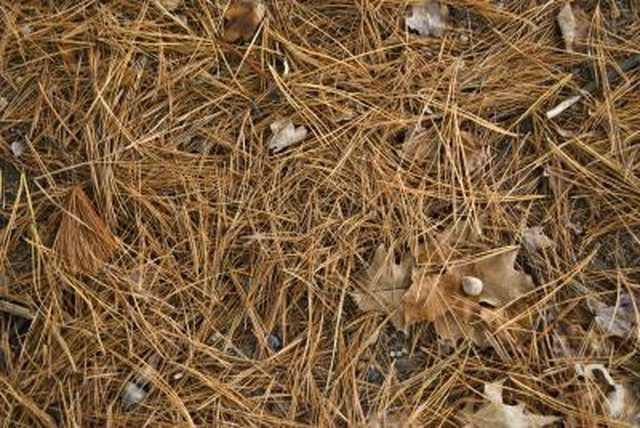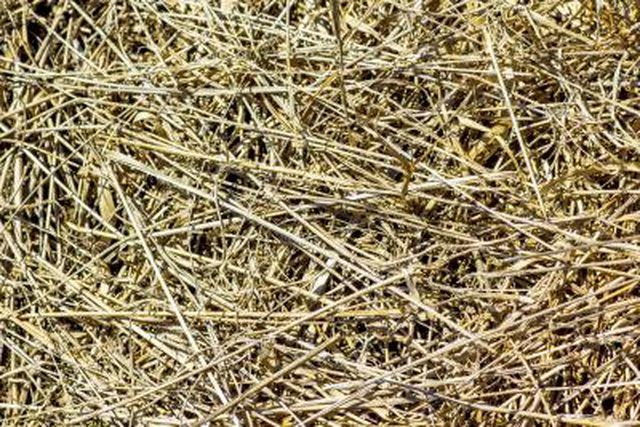Bulbs
Flower Basics
Flower Beds & Specialty Gardens
Flower Garden
Garden Furniture
Garden Gnomes
Garden Seeds
Garden Sheds
Garden Statues
Garden Tools & Supplies
Gardening Basics
Green & Organic
Groundcovers & Vines
Growing Annuals
Growing Basil
Growing Beans
Growing Berries
Growing Blueberries
Growing Cactus
Growing Corn
Growing Cotton
Growing Edibles
Growing Flowers
Growing Garlic
Growing Grapes
Growing Grass
Growing Herbs
Growing Jasmine
Growing Mint
Growing Mushrooms
Orchids
Growing Peanuts
Growing Perennials
Growing Plants
Growing Rosemary
Growing Roses
Growing Strawberries
Growing Sunflowers
Growing Thyme
Growing Tomatoes
Growing Tulips
Growing Vegetables
Herb Basics
Herb Garden
Indoor Growing
Landscaping Basics
Landscaping Patios
Landscaping Plants
Landscaping Shrubs
Landscaping Trees
Landscaping Walks & Pathways
Lawn Basics
Lawn Maintenance
Lawn Mowers
Lawn Ornaments
Lawn Planting
Lawn Tools
Outdoor Growing
Overall Landscape Planning
Pests, Weeds & Problems
Plant Basics
Rock Garden
Rose Garden
Shrubs
Soil
Specialty Gardens
Trees
Vegetable Garden
Yard Maintenance
Choosing Mulch for Vegetable Gardens
Choosing Mulch for Vegetable Gardens. Weed control, moisture retention and soil temperature regulation keep your vegetable plants growing well. Mulch is a simple gardening tool that helps in those areas. With so many mulch options available, it is often challenging to pick the one that will work best. The mulch you use in your vegetable can affect...
Weed control, moisture retention and soil temperature regulation keep your vegetable plants growing well. Mulch is a simple gardening tool that helps in those areas. With so many mulch options available, it is often challenging to pick the one that will work best. The mulch you use in your vegetable can affect yield and the safety of the food you grow.

The two primary types of mulch are inorganic and organic. Inorganic mulches are materials such as plastic or rock that won't break down. Organic mulches decompose over time and add nutrients to the soil, which can benefit the vegetables that grow in the garden. Over time, the organic mulch can improve the soil structure of the garden. Examples of organic mulches include leaves, straw, pine needles, compost, hay, wood chips and grass clippings. Many organic mulch options are free from your own property, such as fall leaves or grass clippings from your lawn care.

The specific fruits and vegetables you plant in the garden help determine the best type of mulch for the bed. Black plastic is a popular mulch option for vegetables that prefer heat, such as peppers (Capsicum annuum), melons (Cucumis melo) and tomatoes (Solanum lycopersicum). The plastic increases the temperature in the soil and surrounding air, giving the plants the heat they like earlier in the growing season. Veggies that thrive in cooler temps, such as lettuce (Lactuca sativa), carrots (Daucus carota) and broccoli (Brassica oleracea), may suffer with plastic mulch. Peat moss and pine needles work best for plants that like acidic soil, such as potatoes (Solanum tuberosum) and strawberries (Fragaria ananassa), which grow in U.S. Department of Agriculture hardiness zones 3 to 10.

Your local weather is a factor in deciding on the mulch for your veggie garden. If you live in a cool climate, plastic mulch in the garden can give your plants the extra warmth they need to start growing early in the season. Plastic is also beneficial in wet climates, since it doesn't allow water to soak into the soil. Many organic mulches retain moisture in the soil. Holding in the extra moisture can harm the plants. For hot areas, black plastic may be too much for your plants to handle. Organic mulch, such as straw or grass clippings, can lower the soil temperature so your veggies don't fry as they grow.

Despite the benefits, certain types of mulches can be dangerous or harmful in your vegetable garden. Any lawn clippings treated with chemicals can contaminate the soil in the garden. Since the garden contains edibles, you don't want to introduce any unnecessary chemicals. If you choose black plastic mulch, add holes to the sheets so water can filter into the soil. Hay and straw sometimes contain weed seeds, which is counterproductive. If you use wood chips, choose a variety that isn't dyed, painted or otherwise treated, as those chemicals can leach into the soil.
